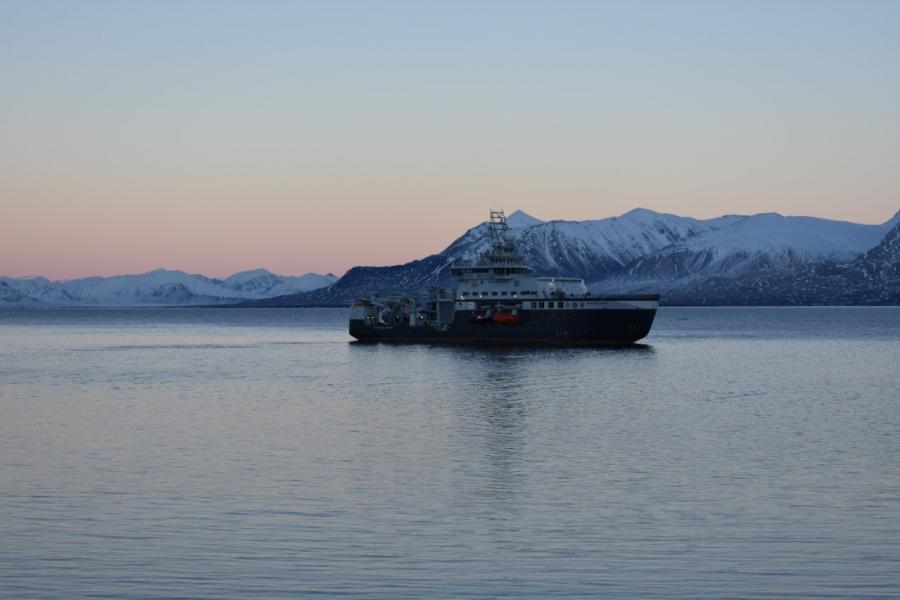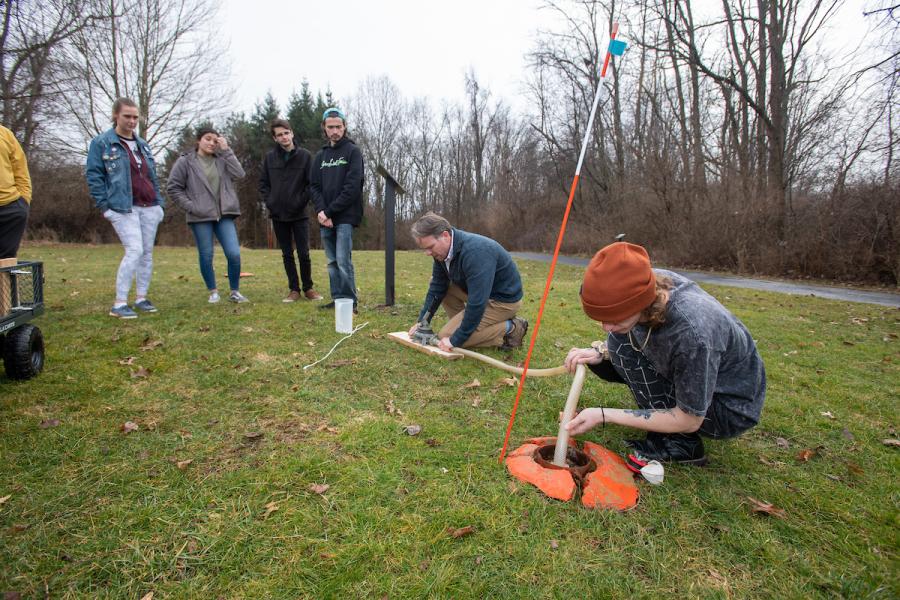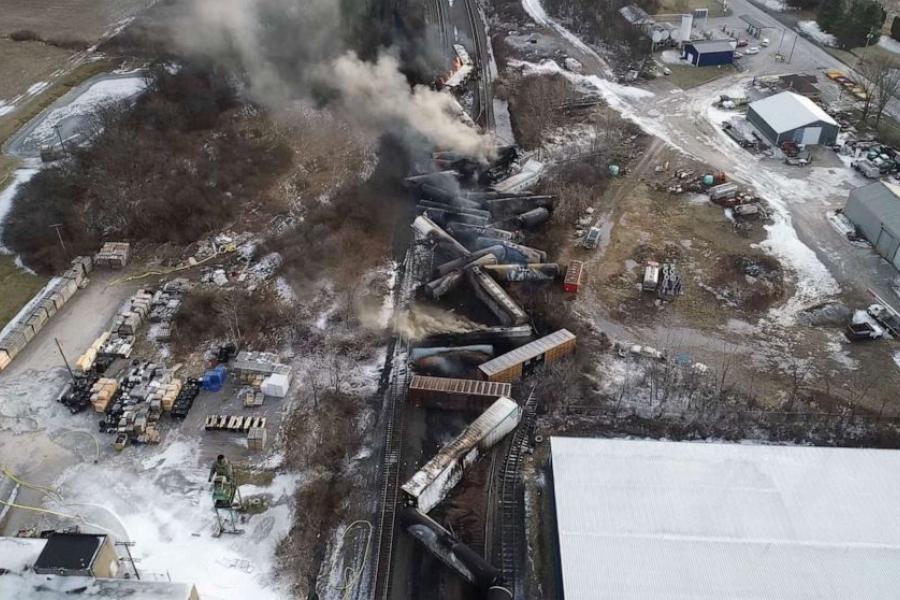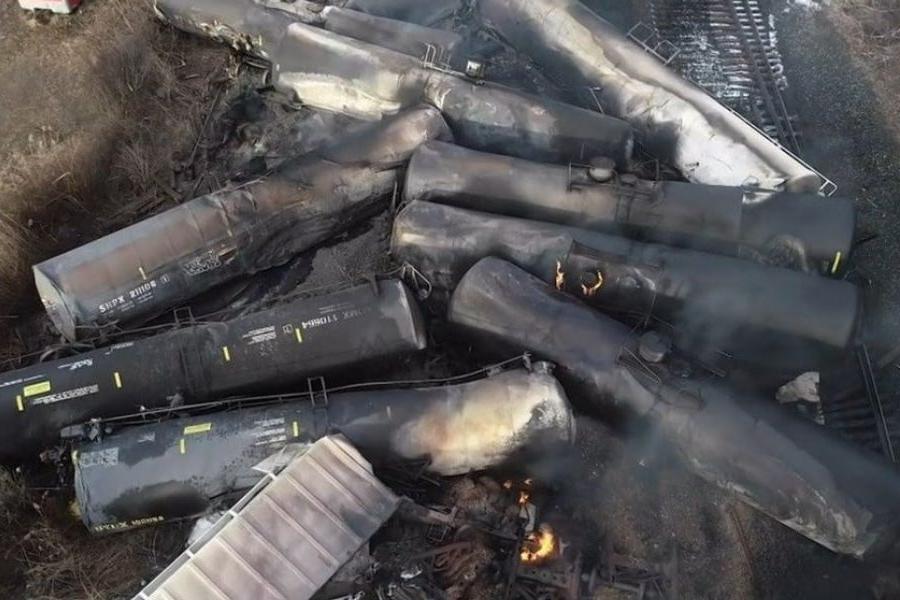Department of Earth Sciences



The Arctic region is particularly vulnerable to the effects of climate change, with melting ice sheets having far-reaching consequences. Allyson Tessin, Ph.D., assistant professor in Â鶹ÊÓƵ’s Department of Earth Sciences, is conducting a study that seeks to shed light on the complex interactions between ice sheets, oceanic ecosystems and global climate patterns.

Â鶹ÊÓƵ at Stark offers unique learning experiences for students.

Â鶹ÊÓƵ faculty members have been contacted by various media outlets to lend their expert opinions and insight as cleanup work, air monitoring, water testing and more continues following the Feb. 3 train derailment in East Palestine, Ohio.

On Feb. 3 in East Palestine, Ohio, dozens of Norfolk Southern rail cars derailed, 11 of which contained hazardous materials. In an effort to start repairing the situation, Arcadis, an international company hired by the railroad company, has developed a plan to clean the air, ground and water in the village. Kuldeep Singh, Ph.D., assistant professor in Â鶹ÊÓƵ’s Department of Earth Sciences, reviews the cleanup plan.

One of Â鶹ÊÓƵ’s newest faculty members in the Department of Geology has already made her mark with the recent publication of her and her colleagues’ work to better understand the effects of global warming as it relates to the arctic ocean. Allyson Tessin, assistant professor, specializes in biochemistry, oceanography and sedimentary geology. She is currently studying the relationship between the chemistry of the ocean and climate change.
What was even more of a departure than taking classes remotely? Many summer research experiences were moved online this year as well. Fortunately, with creativity and an open mind, there are lots of opportunities to do important scientific research using online tools and data.
